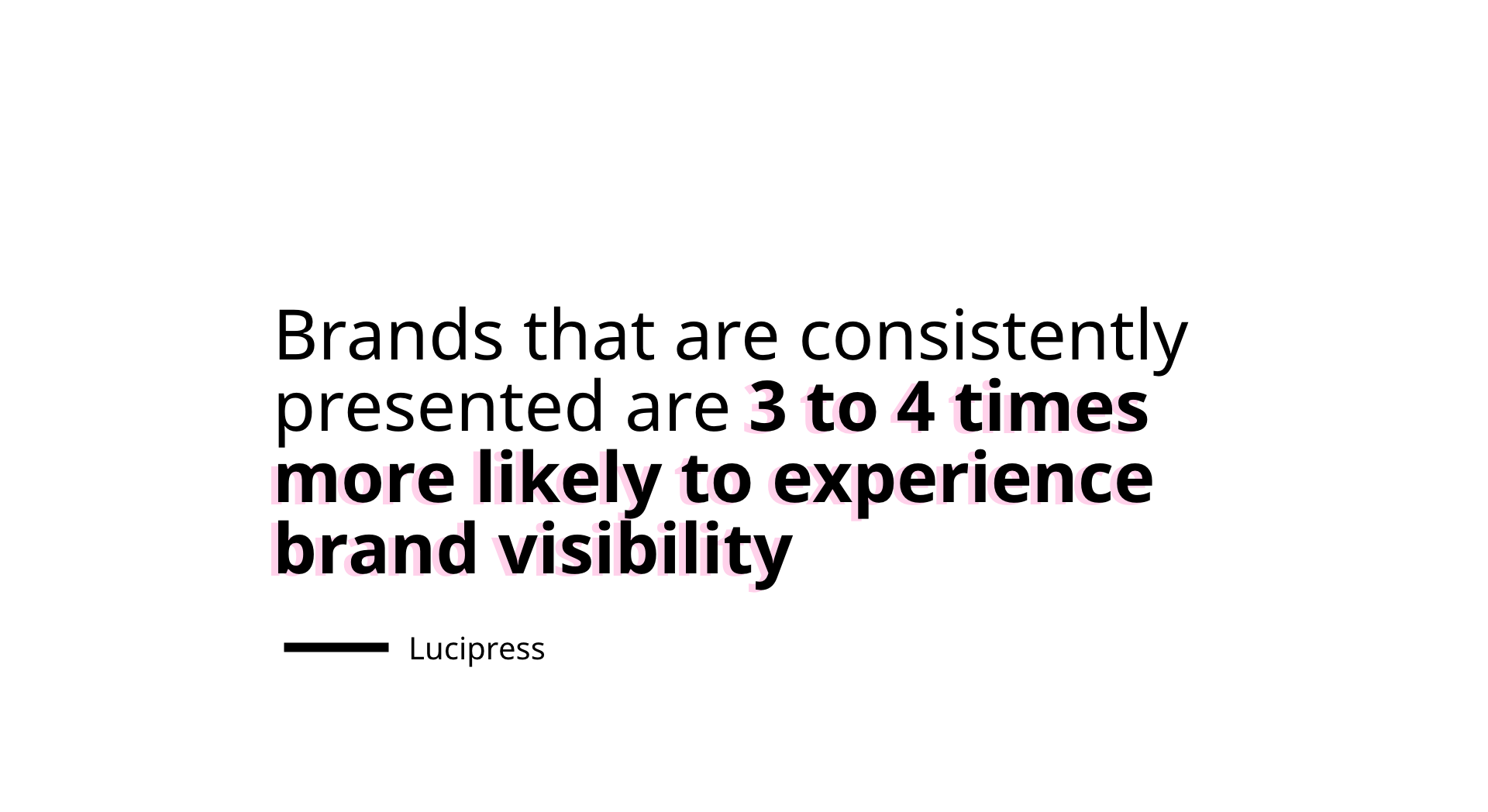
Branding : A recipe to boost your brand's awareness
This word is pretty popular and for a good reason -- it can change your business! How? By following some key steps to ensure sustainable and exponential growth for your business. We've listed a few here to give you an idea of the recipe.
Branding came from the English concept of marking something with a symbol. Cattle marketing, royal crests, seals and businesses have been using it for a long time.
Now, the word has evolved. It is all of the things that are put in place to create a brand that is recognizable, lasting and that people can relate to.
Our society is constantly distracted by all kinds of visual stimulation (smartphone, tv, etc.) and we don't spend much time on things. Knowing how to retain attention is a real achievement.
A number of elements and research are required to create and perfect a lasting brand.
Establish a relationship
We naturally feel reassured by what we know. Branding does not only aim to have pretty imagery or to advertise on a regular basis but, more importantly, to humanize your company and product. This is done by attributing:
- A face, though a visual identity (logo, aesthetics, artistic direction)
- Values and a description that will be included in a brand book
- A personality (history, depth, content)
- A voice + tones (way of communicating)
- A vision (strategy)
Whether you are targeting individuals (B2C) or other businesses (B2B), branding aims to directly increase the value of your company by allowing the public to identify.
Successful branding will ensure that what people say about you aligns with what you actually do and what you communicate.
Pespi et Coca-Cola are two competing companies that have managed to create a real fan audience. These two companies have worked on several things that allow them to keep and constantly convert new consumers. Despite their environmental and health impacts, they have succeeded in developing this bond which makes them essential.
What is it about?
These are the points to think about in order to develop your branding and succeed.
Positioning
You can start by observing your competitors. What is their identity and how do they behave? This will give you an idea of what inspires you and what doesn't. What do their audiences like about them?
Now what makes you unique from them?
Your values
What is your story? What are your missions? What are the personality traits of your brand? What are your core values? Pick the 5-6 that best define you.
For example at Food Algorithm, we have 6 core values:

Integrity, Passion, Efficiency, Innovation, Determination, Transparency
With all of this you are finally able to make a moodboard, that means a board that reflects your values and which brings together images that inspire you.
Your audience
Who is your ideal client? Create a “customer persona,” a customer record, with their name, age, profession, hobbies, day, and maybe even a photo.
Visual identity
The logo is the face of your brand’s identity. It is a design that reflects your brand’s personality and values. It must be effective and memorable. A logo is not communication but identity. It is not an illustration, it is a symbol. It is functional before being beautiful. And it must be recognizable, stand out among your competition and be legible in large or small format.
The general aspect of your identity (its aesthetic, the range of colors, the fonts) are all things that contribute to your notoriety. Gather all these characteristics in a document (your brand book) in order to guide for all your communications to always remain consistent.

The average revenue increase attributed to always presenting the brand consistently is 33% (Lucidpress)
Boost your notoriety

Communication
Another way to stand out is to define how you communicate with your audience. What feelings do you want to evoke?
Choose the language style + the tone carefully. Is it aligned with your values? The tone you choose is directly related to how your audience perceives you.
Vision
Where do you see yourself in a few years, short, medium and long term? How do you plan to get there? Set achievable goals, set a date, analyze your results and adjust as you go.
In short, Branding is the set of measures put in place to create a recognizable brand that consumers can identify with. Putting it at the heart of your strategy helps ensure consistency in the way your prospects perceive you and create a relationship that connects you to your audience.
